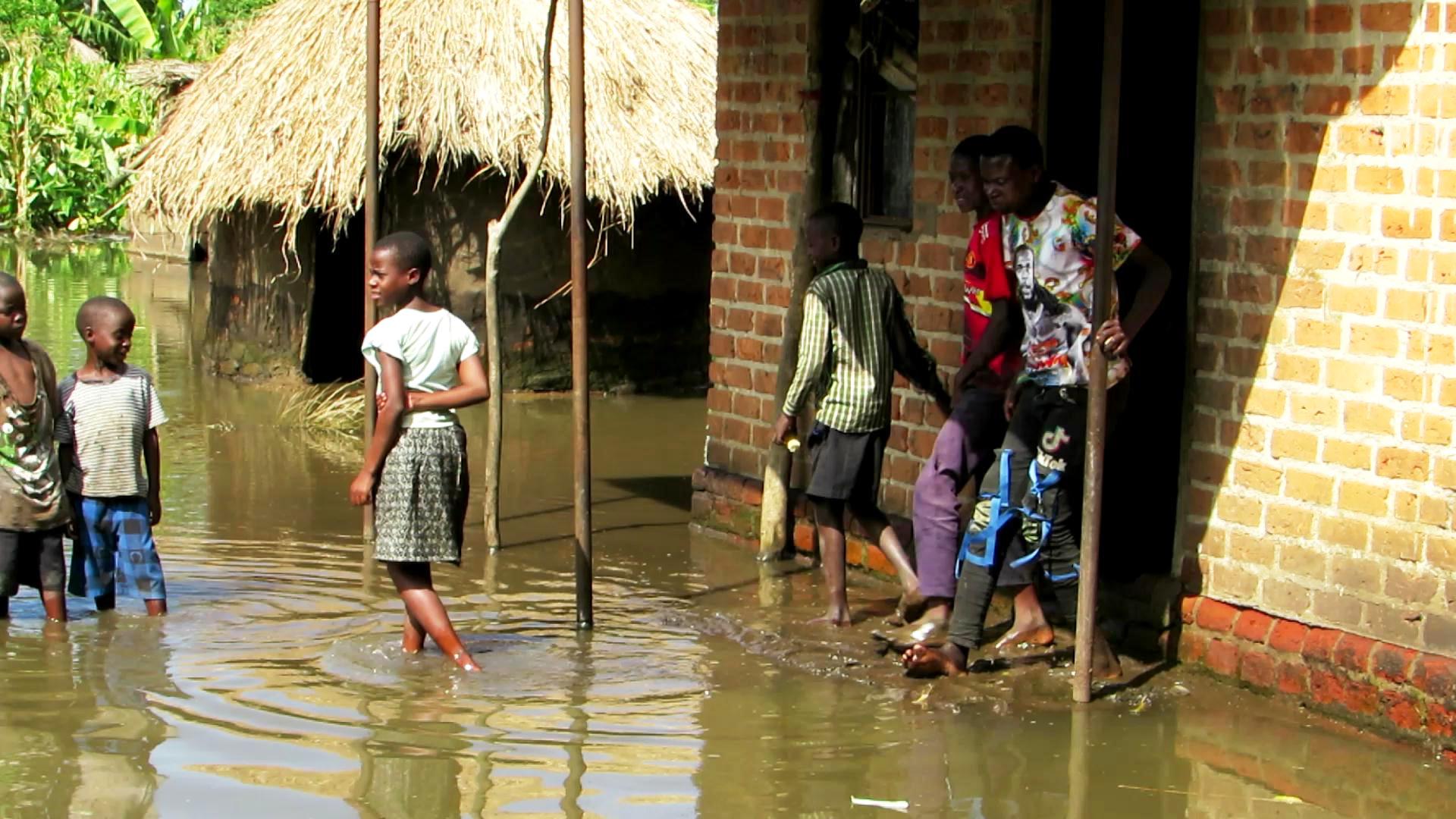Govt should prioritise disaster management

Houses submerged in Malugulya, Namasagali floods. Photo | SAM CALEB OPIO
What you need to know:
- Instead of firefighting, the people in charge should plan and budget around preventing disasters.
Following the recent rains that have pounded parts of the country, floods have submerged homes and gardens, and washed away roads and bridges.
For that reason, the Office of the Prime Minister (OPM) said this week that it had tabled before Cabinet a request of Shs11 billion to support flood victims. The money is meant to secure emergency relief items, including food and non-food items.
As is usually the case, the rainy season comes with effects such as landslides, rise in water levels of lake and rivers, and floods. Once again, we seem to have been caught off guard.
Floods are usually expected to occur in low-lying areas as well as urban areas like Kampala, while landslides are expected in highland areas of Rwenzori, Kigezi and Elgon. The people responsible are supposed to ensure that these areas undertake integrated flood management, flood preparedness and mitigation strategies.
At the beginning of 2021, the government released the first national risk and vulnerability atlas, showing parts of the country that are prone to natural disasters. The atlas identified seven types of disasters that strike diverse parts of the country in different seasons. These included floods, drought, lightning, earthquakes, landslides, hailstorms and windstorms.
But despite identifying the risks we face, and where they are likely to occur, we seem unprepared for them. Until recently, Uganda did not have a relief budget and depended largely on the goodwill of donors and humanitarian groups.
Section 26 of the Public Finance Management Act (PFMA), 2015 as amended provides for a Contingency Fund to respond to natural disasters. Over the past two financial years, the government has made efforts to release the funds, with Finance minister Matia Kasaija saying he had appropriated Shs146.26 billion to support disaster response and management this financial year.
But the problem is the contingency funds only serve to respond to disasters after they have happened, as the request from OPM shows.
Our appeal to the government is that instead of firefighting, the people in charge should plan and budget around mitigating disasters before they happen.
As the Speaker of Parliament proposed last year, it is high time we created a commission to manage responses to disasters and emergencies in the country as provided for in the Constitution.
This should be coordinated with the different districts so that assessments and preparedness are done before disaster strikes.
We have been firefighting for too long and this has left a lot of pain and suffering to the already suffering natural disaster victims. Prioritise disaster management so we mitigate the effects of natural disasters.




